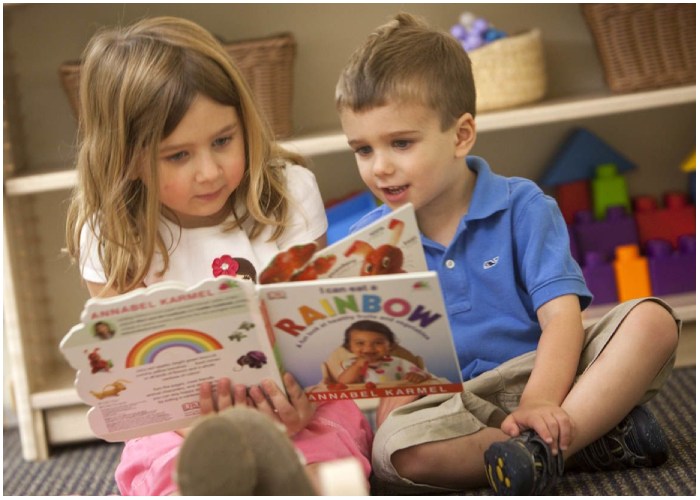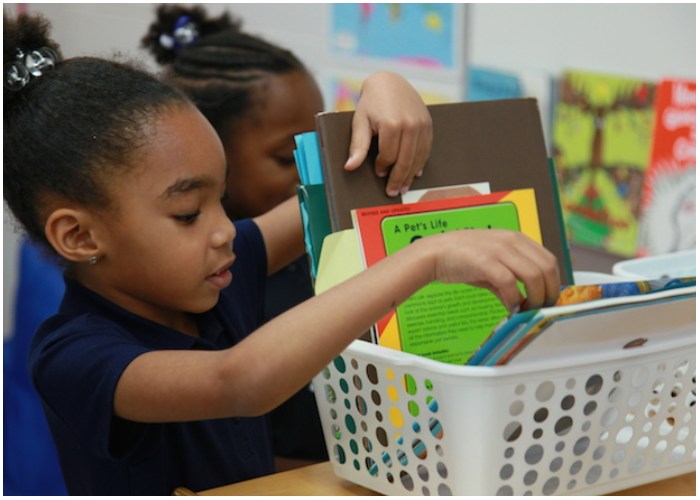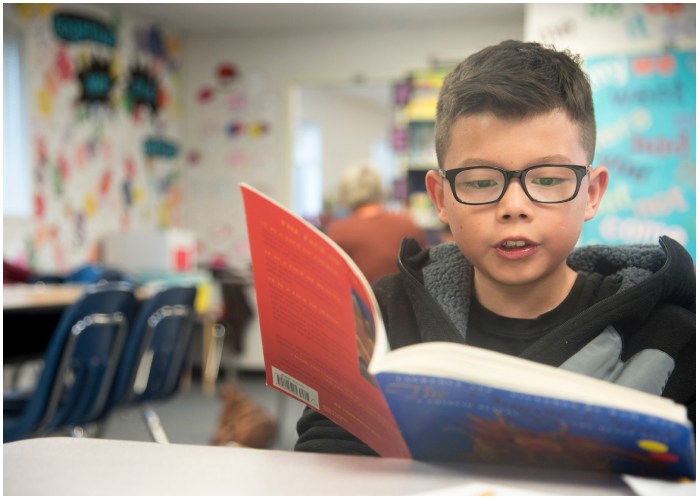Reading is more than just a way to pass the time; it is a gateway to other worlds, cultures, and experiences that can significantly influence a child’s development. Through the pages of a book, children can explore the lives of fictional characters, encounter new vocabulary, and acquire a wide range of knowledge. The importance of reading in childhood cannot be overstated, as it plays a crucial role in shaping cognitive abilities, emotional intelligence, and social skills. Educators and parents alike hold the key to fostering a love for reading, which can have lasting benefits on a child’s life. In this article, we’ll explore the many ways in which reading contributes to child development and offer practical tips to help incorporate reading into daily routines.
Cognitive Development and Enhanced Understanding
One of the most significant benefits of reading is its impact on cognitive development. Cognitive development refers to how children perceive, think, and understand their world. When children are read to, they are introduced to new concepts and ideas, which expand their background knowledge and help them make sense of their environment. This process aids in the development of reasoning, problem-solving, and critical thinking skills. Additionally, reading stimulates language acquisition, as children are exposed to new words and phrases that they may not encounter in everyday conversation. Over time, this exposure helps them develop a more extensive vocabulary and better language skills. By consistently engaging with books, children can deepen their understanding of the world and enhance their ability to process and retain information.

Emotional Growth and Social Skills
Reading also plays a crucial role in a child’s emotional development. When children immerse themselves in stories, they have the opportunity to experience life from different perspectives. This process of stepping into the shoes of others allows children to develop empathy, as they begin to understand and relate to the emotions and experiences of the characters they read about. This newfound empathy extends beyond the pages of the book and into real-life interactions, helping children to better understand and connect with others. Furthermore, the emotional vocabulary that children gain from reading can help them articulate their feelings and navigate their own emotional experiences. Socially, reading can be a bonding experience, especially when done with a parent or caregiver. The shared activity of reading strengthens the parent-child relationship and provides children with a sense of security and love, which is essential for their overall well-being.

Educational Benefits and Academic Success
The educational advantages of reading are vast and well-documented. Studies have shown a strong correlation between reading for pleasure and higher academic achievement across all subjects, not just in language arts. Reading helps children develop essential literacy skills, such as understanding the structure of stories, recognizing the relationship between letters and sounds, and learning to predict and infer. These skills are foundational for academic success and can give children a significant advantage in school. Moreover, regular reading improves concentration and focus, as children learn to sit still and engage with a book for extended periods. This ability to concentrate is crucial for success in the classroom, where sustained attention is often required. Creativity and imagination are also fostered through reading, as children are encouraged to visualize the stories they read and think beyond the literal meaning of the text. This creative thinking can enhance problem-solving abilities and lead to innovative ideas in both academic and personal pursuits.

Practical Tips for Encouraging Reading
To maximize the benefits of reading, it’s important to make it a regular part of a child’s life. Starting young is key; even infants can benefit from being read to, as they begin to associate books with comfort and learning. As children grow, parents and educators should strive to make reading a daily habit, integrating it into routines such as bedtime or quiet time after school. Variety is also crucial—exposing children to different genres, cultures, and characters can keep reading exciting and broaden their horizons. Patience is essential as well; children may struggle at first, but with encouragement and practice, they will develop a love for reading that will serve them well throughout their lives. By prioritizing reading and making it an enjoyable experience, parents and educators can help children unlock a lifetime of learning and growth.